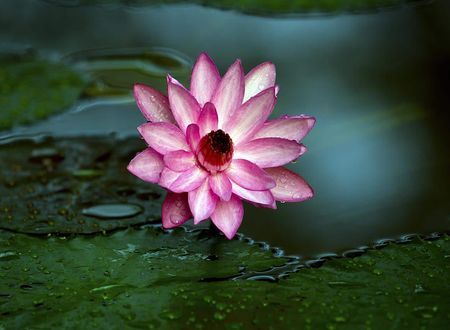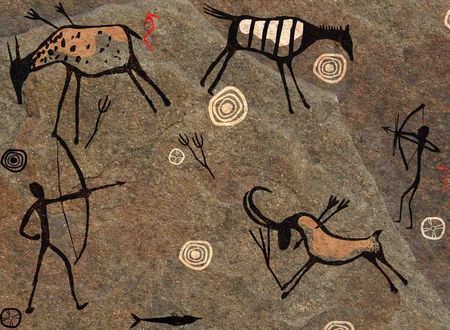The importance of listening skills for building one-pointed concentration.
In my last post, I talked about the practice of concentration by way of focusing on an object. For those of you who have a very busy lifestyle, taking out even thirty minutes a day may be a little hard. Although, if you really set your mind to it, you can do it.
In this post, I am going to elaborate upon the practice of listening. The Sanskrit term is śrāvaṇa; it means to listen. The practice of listening is a simple and powerful way to build your concentration. Beyond listening as one of the methods in the nine systems of bhakti, I am surprised to see no direct mention of it in any of the yogic texts. I can tell you from my first-hand experience, you will undergo a rapid transformation, a surge in your ability to concentrate if you can practice the art of listening.
Listening requires that you be alert and attentive in the present moment. Being able to live in the present moment is the goal of meditation. A mind that lives in the present moment does not, naturally, brood over the past or worry about the future. If you can afford to not think about the past or contemplate on the future, you have achieved a pseudo-meditative state.
When you also become aware of every single emerging moment, you have attained the meditative state. Let us say you are attending a lecture in some class on Marketing. If you are not paying attention to what the lecturer is saying, in other words not listening, your sitting in the class is anything but useful. To know what the teacher is saying, you have to listen, and in order to listen, you have to pay attention. That is concentration.
The practice of listening, as I am giving it to you, is the easiest way of building one-pointed concentration. So, here it is:
Practice this whenever you can, multiple times a day if possible. When you are driving or commuting, chances are you may have music turned on. Well, listen to the song. This is the practice in a nutshell.
Put your favorite song on and make it a point to listen to every word in that song. It is not as easy as you think. How many times have you found yourself playing your favorite song with the intention to listen to it fully only to find a few minutes later the song has already finished? You probably put it on repeat to hear it again.
Even with the most melodious song, it takes a certain training for the mind to stay at it. You may listen to the whole of the first stanza, parts of the second stanza but somewhere in between the first and the last, your mind wanders off. You stand unaware.
In practicing concentration through the act of listening, put on some music, and listen to it. Bring listening to it to the forefront of your mind. Avoid leaving it playing in the background; doing that will actually weaken and dilute your concentration.
Just putting on music and not listening to it makes your mind used to living with noise. Many put their headphones on and start reading a book. If you ask them five hours later, chances are they are unable to recall in detail what they read or the songs they played. If you train your mind to live with diluted concentration, meditation, and subsequently tranquility, will become increasingly harder. You can forget all about a stable, settled, or tamed mind.
In the olden days, when there were no headphones or portable music systems, people would put on music and the only act they would do was listen to that music. While reading, they would only read.
Multitasking, the mantra of today’s world plays havoc on your concentration. Once you learn to do single-tasking properly, doing many things at once will become easy and effective. If you think you can multitask, try juggling with three oranges.
Concentration without meditation is pointless and meditation without concentration is useless.
Peace.
Swami
A GOOD STORY
There were four members in a household. Everybody, Somebody, Anybody and Nobody. A bill was overdue. Everybody thought Somebody would do it. Anybody could have done it but Nobody did it.
Don't leave empty-handed, consider contributing.It's a good thing to do today.









Comments & Discussion
19 COMMENTS
Please login to read members' comments and participate in the discussion.